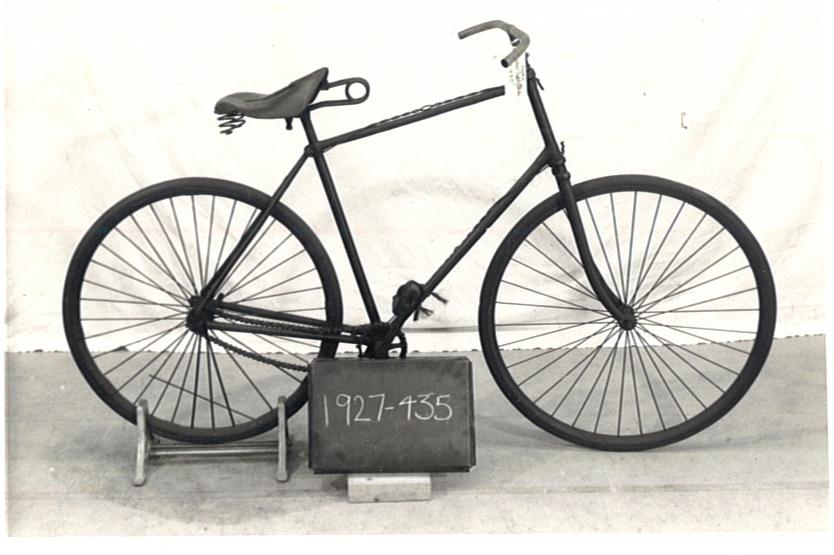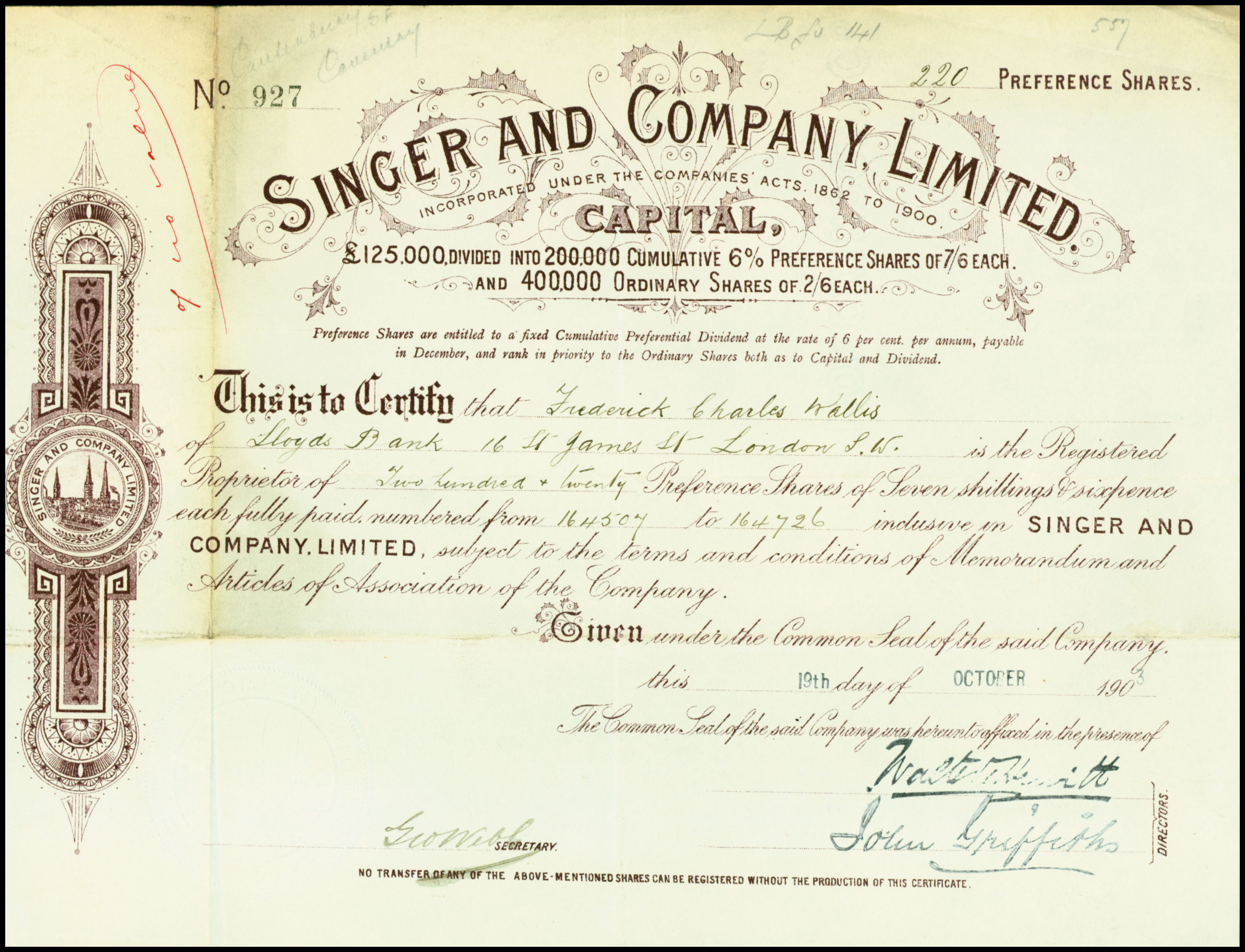|
British Light Steel Pressings
British Light Steel Pressings Ltd was a company at Warple Way, Acton, London producing bodies for the vehicle industry. British Light Steel Pressings Ltd (BLSP) was formed in 1930. In its early years it made pressings for various purposes. In 1937 it was taken over by the Rootes Group, to make body shells for Sunbeam cars. After World War II, despite transfer of production of Sunbeam-Talbots from the old London Talbot factory to a new government funded site at Ryton, BLSP continued in production. In 1948, for example, versions of the Sunbeam-Talbot 80 and 90 were available with saloon bodywork from BLSP or drophead coupé bodywork by another nearby Rootes company, Thrupp & Maberly. During the mid-1950s car bodies produced included the Sunbeam Mk III saloon and convertible, Sunbeam Alpine (1953–55) and thereafter the Humber Hawk, Super Snipe and Imperial in saloon and estate car versions. BLSP Ltd ran a successful apprenticeship scheme covering both professional engineerin ... [...More Info...] [...Related Items...] OR: [Wikipedia] [Google] [Baidu] |
Acton, London
Acton () is a town and area in west London, England, within the London Borough of Ealing. It is west of Charing Cross. At the 2011 census, its four wards, East Acton, Acton Central, South Acton and Southfield, had a population of 62,480, a ten-year increase of 8,791 people."Key Statistics; Quick Statistics: Population Density" ''''. . Retrieved 31 October 2014. |
Rootes Group
The Rootes Group or Rootes Motors Limited was a British automobile manufacturer and, separately, a major motor distributors and dealers business. Run from London's West End, the manufacturer was based in the Midlands and the distribution and dealers business in the south of England. In the decade beginning 1928 the Rootes brothers, William and Reginald, made prosperous by their very successful distribution and servicing business, were keen to enter manufacturing for closer control of the products they were selling. One brother has been termed the power unit, the other the steering and braking system. With the financial support of Prudential Assurance, the two brothers bought some well-known British motor manufacturers, including Hillman, Humber, Singer, Sunbeam, Talbot, Commer and Karrier, controlling them through their parent, Rootes' 60-per-cent-owned subsidiary, Humber Limited. At its height in 1960, Rootes had manufacturing plants in the Midlands at Coventry and Birmingham ... [...More Info...] [...Related Items...] OR: [Wikipedia] [Google] [Baidu] |
Sunbeam Motor Car Company
Sunbeam Motor Car Company Limited was a British automobile manufacturer with its works at Moorfields in Blakenhall, a suburb of Wolverhampton in Staffordshire, now West Midlands. Its Sunbeam name had been registered by John Marston in 1888 for his bicycle manufacturing business. Sunbeam motor car manufacture began in 1901. The motor business was sold to a newly incorporated Sunbeam Motor Car Company Limited in 1905 to separate it from Marston's pedal bicycle business; Sunbeam motorcycles were not made until 1912. In-house designer Louis Coatalen had an enthusiasm for motor racing accumulated expertise with engines. Sunbeam manufactured their own aero engines during the First World War and 647 aircraft to the designs of other manufacturers. Engines drew Sunbeam into Grand Prix racing and participation in the achievement of world land speed records. In spite of its well-regarded cars and aero engines, by 1934 a long period of particularly slow sales had brought continui ... [...More Info...] [...Related Items...] OR: [Wikipedia] [Google] [Baidu] |
Sunbeam-Talbot
Sunbeam-Talbot Limited was a British motor manufacturing business. It built upmarket sports-saloon versions under the parenthood of Rootes Group cars from 1938 to 1954. Its predecessor Clément-Talbot Limited had made ''Talbot'' automobiles from 1902 to 1935. Clément-Talbot was bought by Rootes brothers in January 1935 and re-organised to make Rootes Group cars also branded Talbot.Sunbeam History on Sunbeam.org.ar In 1938 after some years of consideration the Rootes brothers dropped plans to make large luxury cars branded Sunbeam, added the name Sunbeam to Talbot and put the extra name on both the cars built in Kensal Green and the company building them. After the Second World War Sunbeam-Talbot production was resumed in Lon ... [...More Info...] [...Related Items...] OR: [Wikipedia] [Google] [Baidu] |
Talbot (automobile)
Talbot was an automobile marque introduced in 1902 by English-French company Clément-Talbot. The founders, Charles Chetwynd-Talbot, 20th Earl of Shrewsbury and Adolphe Clément-Bayard, reduced their financial interests in their Clément-Talbot business during the First World War. Soon after the end of the war, Clément-Talbot was brought into a combine named STD Motors. Shortly afterward, STD Motors' French products were renamed Talbot instead of Darracq. In the mid-1930s, with the collapse of STD Motors, Rootes bought the London Talbot factory and Antonio Lago bought the Paris Talbot factory, Lago producing vehicles under the marques Talbot and Talbot-Lago. Rootes renamed Clément-Talbot Sunbeam-Talbot in 1938, and stopped using the brand name Talbot in the mid-1950s. The Paris factory closed a few years later. Ownership of the marque came by a series of takeovers to Peugeot, which revived use of the Talbot name from 1978 until 1994. [...More Info...] [...Related Items...] OR: [Wikipedia] [Google] [Baidu] |
Ryton-on-Dunsmore
Ryton-on-Dunsmore is a village and civil parish in the Borough of Rugby, Warwickshire, situated 5.5 miles (8.8 km) southeast of Coventry and 7.5 miles (12.1 km) west of Rugby, England. The 2001 Census recorded a population of 1,672 in the parish, increasing to 1,813 at the 2011 Census. The A45 dual carriageway passes through Ryton, and nearby villages include Bubbenhall, Stretton-on-Dunsmore and Wolston. Garden Organic, the leading organic growing charity in the United Kingdom, has a demonstration garden dedicated to organic gardening in the village. Ryton Pools Country Park is about a mile south-west of the village. Car plant The former factory (also known as the Ryton plant) was a key feature of the village for more than sixty years. It was situated between the A45 (on the north east) and the A423 (on the south west) in Warwickshire. The south east of the factory site bordered with Ryton-on-Dunsmore village. The factory was originally constructed by the Rootes Group in ... [...More Info...] [...Related Items...] OR: [Wikipedia] [Google] [Baidu] |
Thrupp & Maberly
Thrupp & Maberly was a British coachbuilding business based in the West End of London, England. Coach-makers to Queen Victoria they operated for more than two centuries until 1967 when they closed while in the ownership of Rootes Group. Mr Thrupp This family coachbuilding firm was started near Worcester about 1740. The founder's son, Joseph Thrupp (died London 1821), came to London about 1765 and ran a coach making business in George Street, Grosvenor Square. Though his best known coachbuilder descendant was George Athelstane Thrupp (1822-1905) Joseph left a number of notable descendants* Arthur Thomas Thrupp (1828-1889), Royal Navy officer * Dorothea Ann Thrupp (1777-1847), writer * Frederick Thrupp (1812-1895), sculptor * John Thrupp (1817-1870), historian * Joseph Francis Thrupp (1827–1867), churchman and academic who were not coach, carriage or harness makers. Joseph's London business was continued by his nephew Henry East Thrupp (1774-1852),Thrupp, Henry East, son of ... [...More Info...] [...Related Items...] OR: [Wikipedia] [Google] [Baidu] |
Humber Limited
Humber Limited was a British manufacturer of bicycles, motorcycles, and cars incorporated and listed on the stock exchange in 1887. It took the name "Humber & Co Limited" because of the high reputation of the products of one of the constituent businesses that had belonged to Thomas Humber. A financial reconstruction in 1899 transferred its business to Humber Limited. From an interest in motor vehicles beginning in 1896, the motor division became much more important than the cycle division and the cycle trade marks were sold to Raleigh in 1932. The motorcycles were withdrawn from sale during the depression of the 1930s. Humber is now a dormant marque for automobiles as well as cycles. Following their involvement in Humber through Hillman in 1928 the Rootes brothers acquired 60 per cent of Humber's ordinary capital, sufficient for a controlling interest. The two Rootes brothers joined the Humber board in 1932 and began to make Humber the holding company for vehicle manufacturing ... [...More Info...] [...Related Items...] OR: [Wikipedia] [Google] [Baidu] |
Hillman
Hillman was a British automobile marque created by the Hillman-Coatalen Company, founded in 1907, renamed the Hillman Motor Car Company in 1910. The company was based in Ryton-on-Dunsmore, near Coventry, England. Before 1907 the company had built bicycles. Newly under the control of the Rootes brothers, the Hillman company was acquired by Humber in 1928. Hillman was used as the small car marque of Humber Limited from 1931, but until 1937 Hillman did continue to sell large cars. The Rootes brothers reached a sixty per cent holding of Humber in 1932 which they retained until 1967, when Chrysler bought Rootes and bought out the other forty per cent of shareholders in Humber. The marque continued to be used under Chrysler until 1976. History Origins In 1857 Josiah Turner and James Starley formed the Coventry Sewing Machine Company, and recruited skilled engineers from the London area to join them, one of whom was William Hillman. In 1869 the firm changed its name to the Co ... [...More Info...] [...Related Items...] OR: [Wikipedia] [Google] [Baidu] |
Singer (car)
Singer Motors Limited was a British motor vehicle manufacturing business, originally a bicycle manufacturer founded as Singer & Co by George Singer, in 1874 in Coventry, England. Singer & Co's bicycle manufacture continued. From 1901 George Singer's Singer Motor Co made cars and commercial vehicles. Singer Motor Co was the first motor manufacturer to make a small economy car that was a replica of a large car, showing a small car was a practical proposition.Anne Pimlott Baker, ''Bullock, William Edward (1877–1968)'', Oxford Dictionary of National Biography, Oxford University Press, 2004 It was much more sturdily built than otherwise similar cyclecars. With its four-cylinder ten horsepower engine the Singer Ten was launched at the 1912 Cycle and Motor Cycle Show at Olympia. William Rootes, a Singer apprentice at the time of its development and consummate car-salesman, contracted to buy 50, the entire first year's supply. It became a best-seller. Ultimately, Singer's busines ... [...More Info...] [...Related Items...] OR: [Wikipedia] [Google] [Baidu] |
Commer
Commer was a British manufacturer of commercial and military vehicles from 1905 until 1979. Commer vehicles included car-derived vans, light vans, medium to heavy commercial trucks, and buses. The company also designed and built some of its own diesel engines for its heavy commercial vehicles. History This business belonged to Commercial Cars Limited, a company incorporated in September 1905 by directors H C B Underdown, In 1905, Underdown formed a small syndicate to try out and determine the commercial value of the Lindley automatic change speed gearbox. A four-ton motor lorry using the gearbox was made in a South London workshop and its success led the syndicate into giving birth to Commercial Cars Limited. In October 1917, Underdown was appointed Director of Agricultural Machinery at The Ministry of Munitions and the following biographical notes were published: :Landowner, of 4,000 acres in Norfolk, a Governor of the Royal Agricultural Society, chairman of the commercia ... [...More Info...] [...Related Items...] OR: [Wikipedia] [Google] [Baidu] |
Karrier
Karrier was a British marque of motorised municipal appliances and light commercial vehicles and trolley buses manufactured at Karrier Works, Huddersfield, West Yorkshire, by Clayton and Co., Huddersfield, Limited. They began making Karrier motor vehicles in 1908 in Queen Street South, Huddersfield. In 1920, H.F. Clayton sold Clayton and Co's Huddersfield business into public listed company Karrier Motors while keeping their Penistone operation separate. Mechanical and electrical engineers Clayton & Co Penistone, remain active in 2020 as Clayton Penistone Group. Karrier produced buses as well as their other municipal vehicles and in latter years, especially during the Second World War, Trolleybuses, notably their Karrier 'W' model. In 1934 Karrier became part of the Rootes Group where it retained its brand identity though the business was operated as part of Rootes's Commer commercial vehicle operation. The Karrier name began to disappear from products when Chrysler bought Roote ... [...More Info...] [...Related Items...] OR: [Wikipedia] [Google] [Baidu] |



.jpg)







